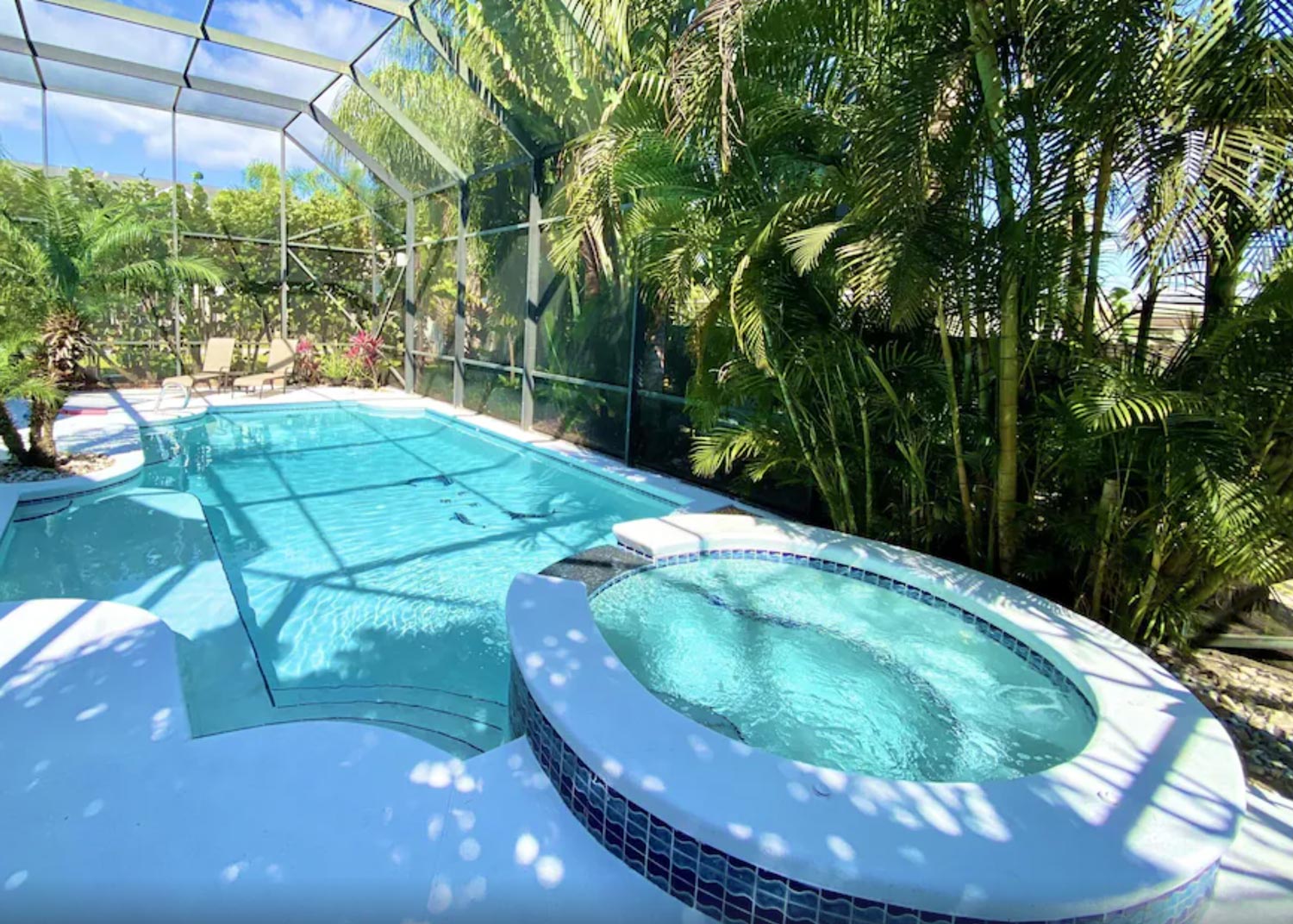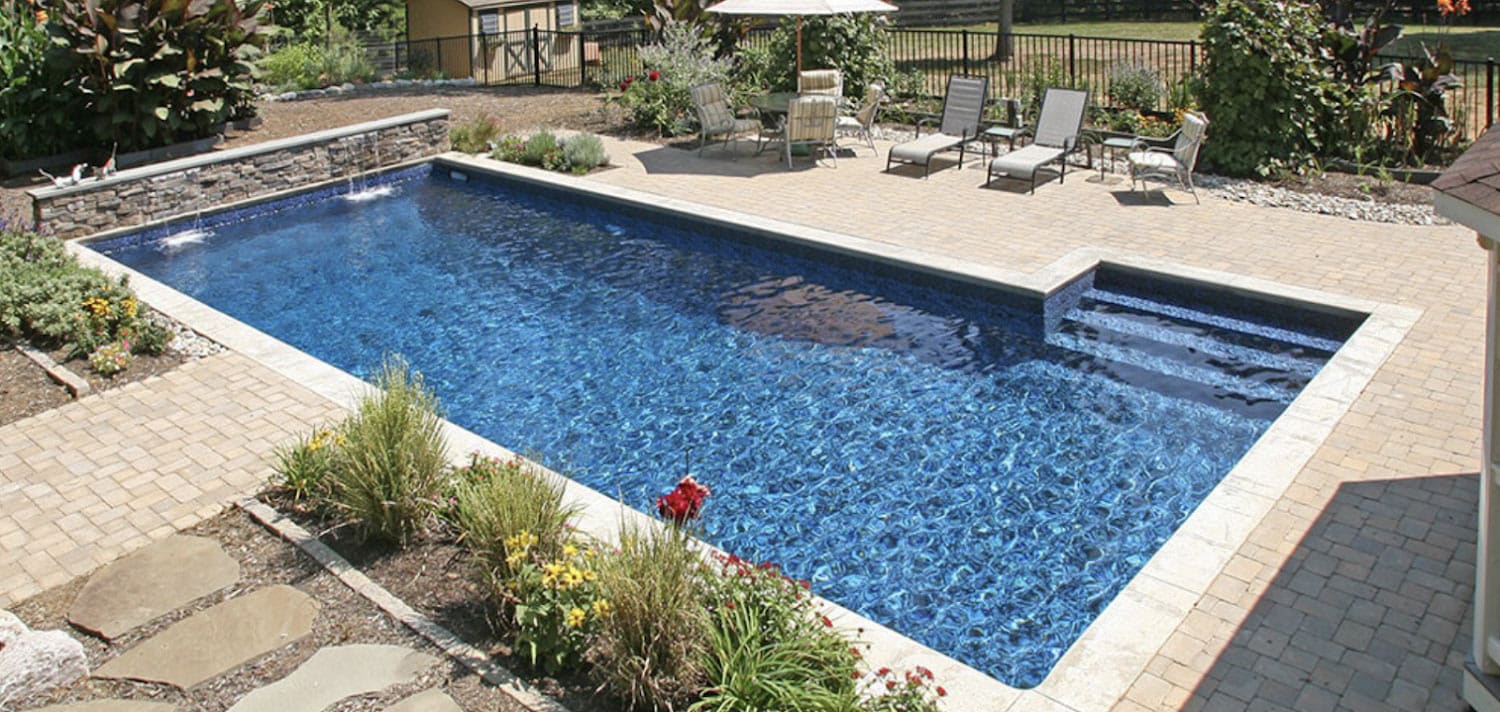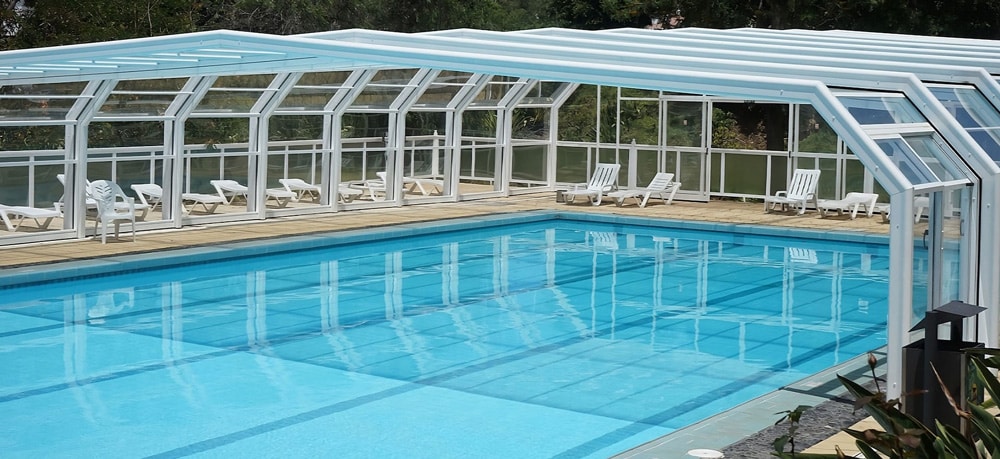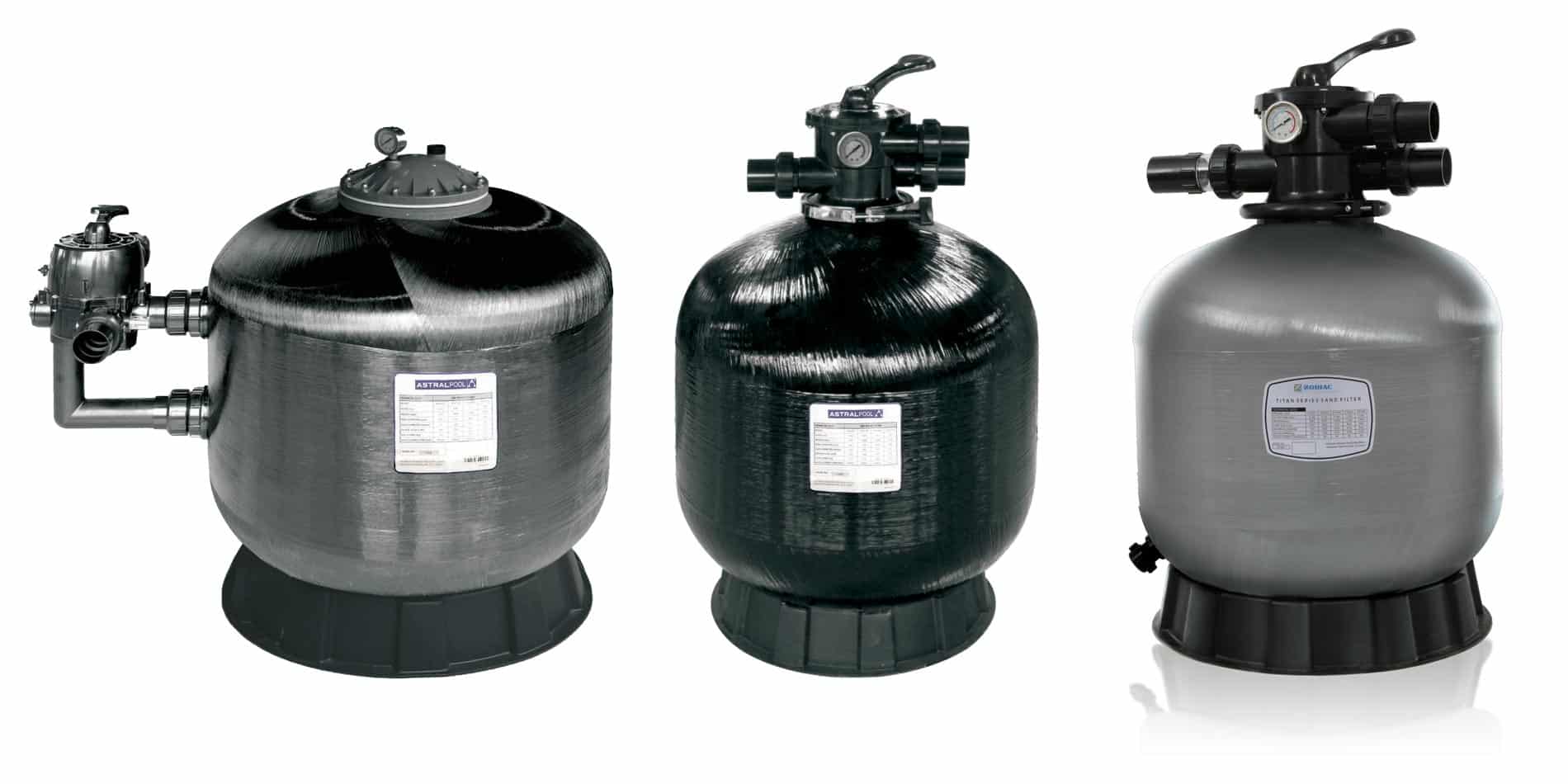Have you had a heavy downpour of rain and are now worried about how it’s going to affect your pool?
Although it might not seem like a big deal, lots of rainwater in your pool can wreak havoc if not treated properly, from messing up the alkaline levels to creating the perfect environment for algae to form.
Regular pool maintenance is important for ensuring the longevity of your pool, here at Hi-Tech Pools & Spas we offer steps below to make sure that your pool isn’t damaged by rainwater.
How to deal with a pool overflow
If you’ve had a large amount of rain in a short space of time, your pool may now have excess water in it, putting strain on your pump and drainage system. Depending on the type of pool filter you have, here are some tips to deal with a pool overflow.
Cartridge filter: fit your pool hose to the 3-way valve and place it into the stormwater drain. Once you have done this, turn the handle on the valve, which will divert the water through the hose.
Sand filter: change your multi-port valve to the ‘waste setting’. Turn the pump on and then bring down the water level.
Check underneath and around the pool
Even if there hasn’t been a heavy downpour of rain, you should still regularly check around the pool as well as the bottom of it to ensure that everything is working properly.
This includes assessing all of your pipes to confirm that water is not collecting and that everything is draining and filtering as it should.
If you live in an area where there is regular rainfall, it’s more imperative that you check your pool periodically. It’s possible to prevent damage to your pool from rainfall, so waiting to act could cost you more money and hassle in the long run.
Check the water’s pH
Of all the maintenance checks you can perform, this might be the most important after there has been heavy rainfall. The correct pH balance is the only way to keep your pool clean and will ensure you and your loved ones are safe when swimming.
Large amounts of rain can impact the alkalinity of your pool, so when you test it, here’s what you need to look out for:
- Check the pH balance: The right pH balance is between 7.4 and 7.6.
- Check the total alkalinity: This should be between 80-120ppm.
- Check calcium hardness: Healthy CH levels range from 100-300 ppm.
- Check chlorine levels: This should be at least 3 ppm.
Get professional pool servicing today
If you have experienced a heavy downpour and are worried that your pool is going to be affected, talk to our expert team 08 8932 1651 at Hi-Tech Pools & Spas for expert advice, servicing and water testing in Darwin.
We can also install filters, chlorinators, and other equipment into your pool so that you are well protected against rainwater.













